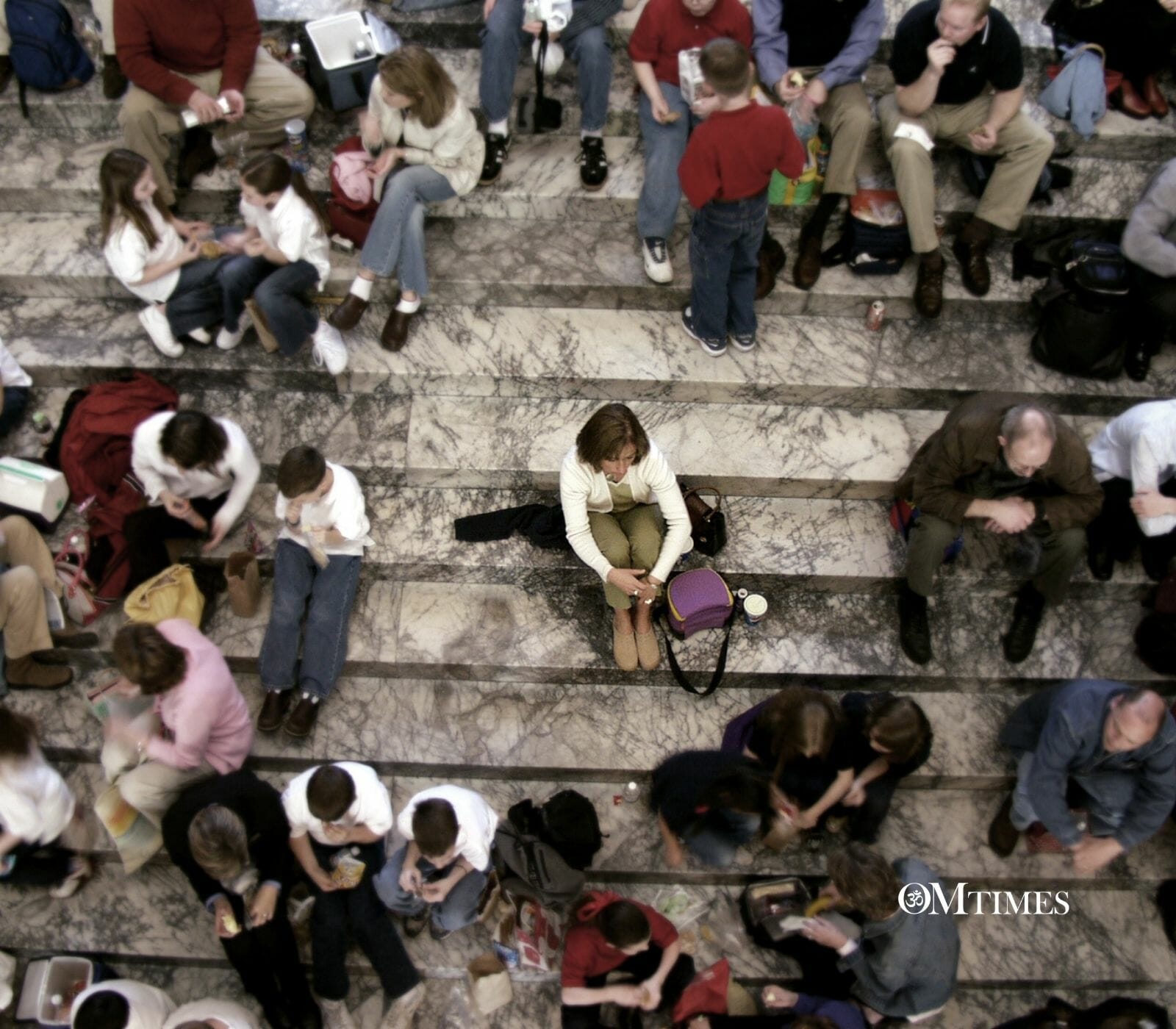Struggling to Connect Could Be a Result of Childhood Trauma

People who’ve experienced childhood trauma are at an even more significant disadvantage when it comes to connecting with others.
If You Struggle to Connect with Others, It Could Be Due to Childhood Trauma
It seems that it’s gotten a lot harder for many people these days to connect with others. Unfortunately, people who’ve experienced childhood trauma are at an even more significant disadvantage when it comes to forming attachments.
Childhood trauma can have life-long repercussions. These can be minor to severe, depending on the severity and duration of the trauma, the presence of parental support during the traumatic events, and the innate resilience of the child who experienced them.
In my years as a psychotherapist, I’ve noted that people with significant childhood trauma tend to struggle more than most with their relationships. These individuals have trouble getting close to other people. When they do connect with others, the relationships they form aren’t always constructive ones.
Trauma in childhood can come in many forms. It can take the shape of severe parental neglect or abandonment, boundary violations or exploitation, constant criticism or undermining; parental addiction(s) or incarceration; physical assault or sexual molestation; experiences of profound loss or fear, or living in unstable or dangerous environments.
Regardless of what form the trauma takes, a lack of parental support combined with a higher degree of personal susceptibility to the traumatic events can lead to the formation of emotional wounds. And often, other disorders of attachment.
In emotionally intact adults, connecting to others comes relatively easy. We meet people, we like each other, and we form strong social bonds. In individuals who’ve experienced childhood trauma, all of these stages can be disrupted.
The emotionally wounded individual has more difficulty trusting others after the painful experiences they’ve been through. They might have a deep-seated belief that they aren’t lovable or that they’re not entitled to a loving relationship. They might be terrified of being hurt, exploited, abandoned, or rejected. All of this could lead them to isolate themselves and avoid closeness with others.
People with a history of childhood trauma might believe that others will only want to associate with them if they’re a people-pleaser or caretaker. They enter co-dependent relationships, and when these invariably fall apart, they’re more fearful than ever of being hurt.
Some of these individuals are so convinced that they’ll be rejected that they inadvertently behave in ways that provoke the other person to do this. (This is an example of how our psychological defense mechanisms backfire, giving us exactly what we’re trying to avoid.)
People with childhood trauma may have deep (and valid) needs for love and nurturing that weren’t met when growing up. Some believe that they can get these needs met in their adult relationships. This can lead to, at best, dysfunctional relationships and, at worst, abusive ones in which a shrewd, exploitative predator takes advantage of their neediness.
Individuals with emotional wounds from a hurtful childhood often feel uncomfortable around other people and don’t know how to act. They often feel awkward and anxious in social situations, leading to upsetting interactions, which only reinforce their sense of alienation.
These individuals have difficulty forming close bonds. Either because they don’t expect people to stick around or because after everything they’ve been through, it’s difficult for them to open their hearts. Sometimes, their deep ambivalence about closeness makes them behave in ways that are confusing or off-putting to others.
Some individuals with a history of childhood trauma might choose friends or partners who are hurtful or abusive. This happens because everyone prefers the familiar, and hurtful people today remind them of the hurtful people from their past.
Sadly, being in relationships with hurtful people can make trauma-sufferers that much more fearful about getting involved with the next person, resulting in further social withdrawal.
Loneliness is very much a part of our modern society. More and more, our “relationships” are carried out through social media as opposed to in-person. More and more, we’re so busy and over-extended that we have little time to spend with the people we care about.
For individuals with childhood trauma, social media’s ubiquity makes it that much easier to avoid the challenges of connecting. These individuals can conduct most of their “relationships” online to minimize the risks of getting hurt.
Of course, the fewer in-person relationships we have and the more online ones we have, the lonelier we’re likely to feel. There’s no substitute for in-person contact in terms of the emotional nourishment we receive and the social skills we develop. Ultimately, if we really want to connect meaningfully with others, we have to do it in-person.
Childhood trauma can have long-term consequences. The struggle to connect with others is one of the most significant of these. Suppose you’ve been keeping to yourself or having difficulties with interpersonal relationships. In that case, it could be a sign that you have childhood trauma.
If you’ve been having difficulty connecting with others, the way to improve your relationships isn’t necessarily through social skills training. You may need to go a bit deeper by working with a therapist or counselor to heal your childhood trauma.
If childhood trauma is something you’ve experienced, doing this work could make it much easier for you to connect with others and create meaningful, lasting relationships.
You will also enjoy Childhood Trauma Can Manifest As Loneliness
Click HERE to Connect with your Daily Horoscope on OMTimes!
Visit Our Astrology Store for Personalized Reports
About the Author
Marcia Sirota MD FRCP(C) is a board-certified psychiatrist, that does not ascribe to any one theoretical school. Rather, she has integrated her education and life experiences into a unique approach to the practice of psychotherapy. She considers herself a realist with a healthy measure of optimism. Sign up here for her free monthly wellness newsletter. Listen here to her latest podcast. mariasirotamd.com
Click here for my latest online course on How to Handle Difficult People, Once and For All.
Dr. Marcia Sirota is a Toronto-based board certified psychiatrist specializing in the treatment of trauma and addiction, as well as founder of the Ruthless Compassion Institute, whose mandate is to promote the philosophy of Ruthless Compassion and in so doing, improve the lives of people, everywhere.





